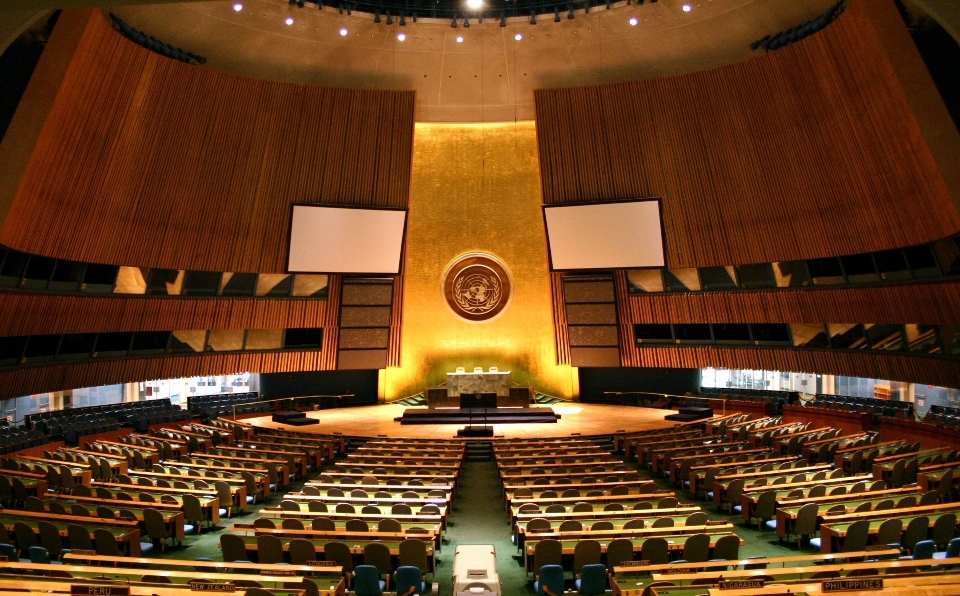
As world leaders gathered at the United Nations on Tuesday to discuss global drug policy at the 2016 UN General Assembly Special Session on the “world drug problem,” one particular document seemed to have caught the attention of the UN—but not in a good way. It was a letter signed by Sir Richard Branson, George Soros, Warren Buffet, Bernie Sanders, Hillary Clinton and over 1,000 other world leaders and celebrities calling for an end to the drug war. A group of activists had been handing out copies of the letter to attendees as they entered the UN, but later discovered that security in the building was ordered to confiscate the letter, taking it from people as they passed through the metal detectors. “That’s an extraordinary and deeply disturbing response by UN officials,” said Ethan Nadelmann, executive director of the Drug Policy Alliance. “The pamphlet obviously presented no threat to security. All it threatened was the status quo of the global drug war.”
At UNGASS, which concluded on Thursday, many of the participant countries argued that “the solution to the world drug problem lies in a more humane, public-health oriented, human rights compliant; evidence-based approach that addresses this issue in all its complexity,” according to a UN release. Latin American countries, like Uruguay and Mexico, embraced reform; Mexico President Enrique Pena Nieto said he is open to allowing medical marijuana access in Mexico. Jamaica’s foreign minister criticized the United Nations’ classification of marijuana as having no medical value (under the 1961 Single Convention on Narcotic Drugs) citing her country’s long history of using cannabis as a folk medicine. And Canada’s health minister announced that legislation to legalize marijuana is coming in 2017.
In a statement issued Thursday, the UN affirmed its commitment to seeking “innovative approaches to drug control,” placing a new emphasis on “proportionate national sentencing policies and practices for drug-related offences” and “a strong focus on prevention and treatment.” This new focus resembled a list of goals brought by the U.S. delegation to UNGASS, which included advocating for an increased focus on and investment in public health approaches to address the world drug problem; calling for proportionality in criminal justice systems; and urging international cooperation to combat transnational criminal organizations. The delegation was led by “Recovery Czar” Michael Botticelli, director of the Office of National Drug Control Policy (ONDCP), and included Ambassador William R. Brownfield of the Bureau of International Narcotics and Law Enforcement Affairs, and U.S. Surgeon General Dr. Vivek Murthy.
Compared to the last UNGASS on drug policy in 1998, which pushed the slogan “A Drug-Free World: We Can Do It,” it seems that (most) world leaders are ready for change.